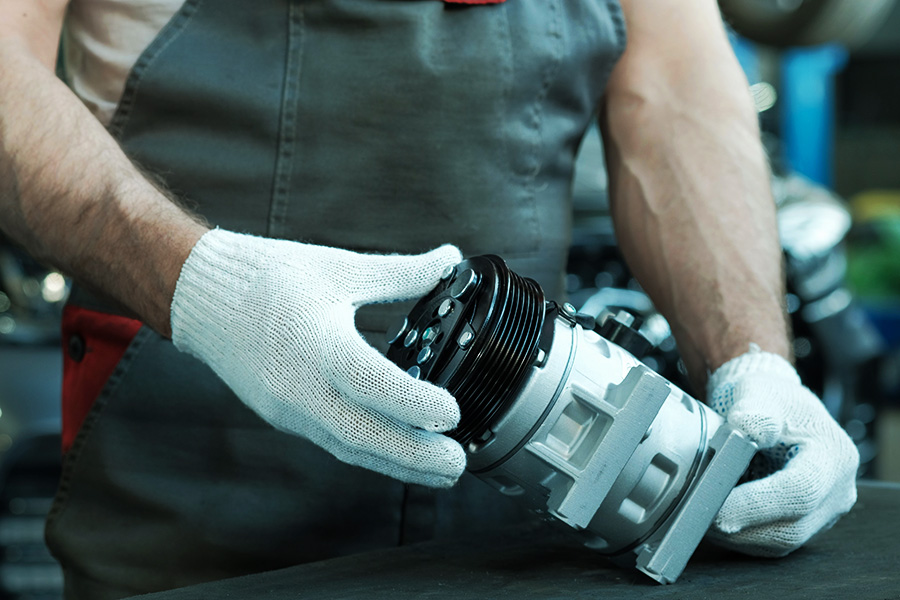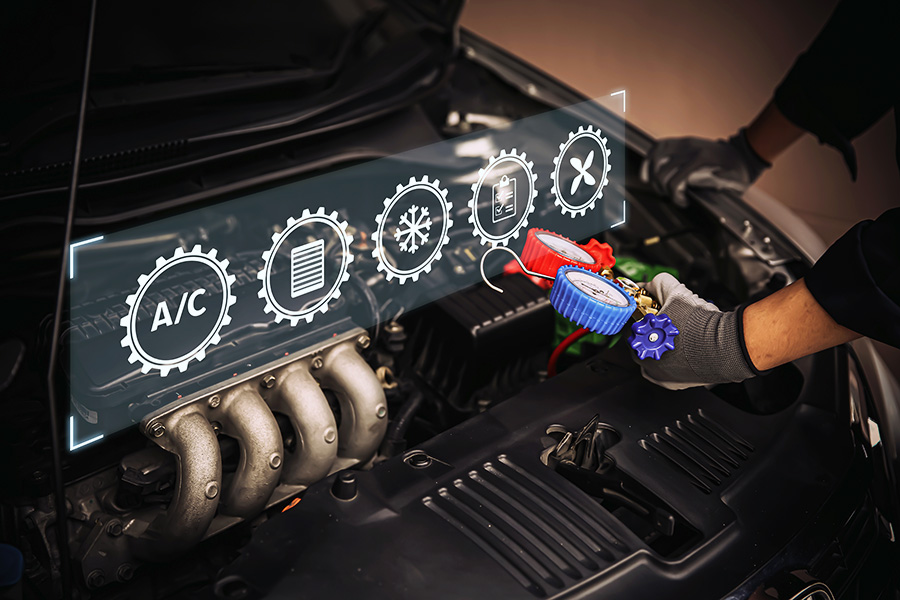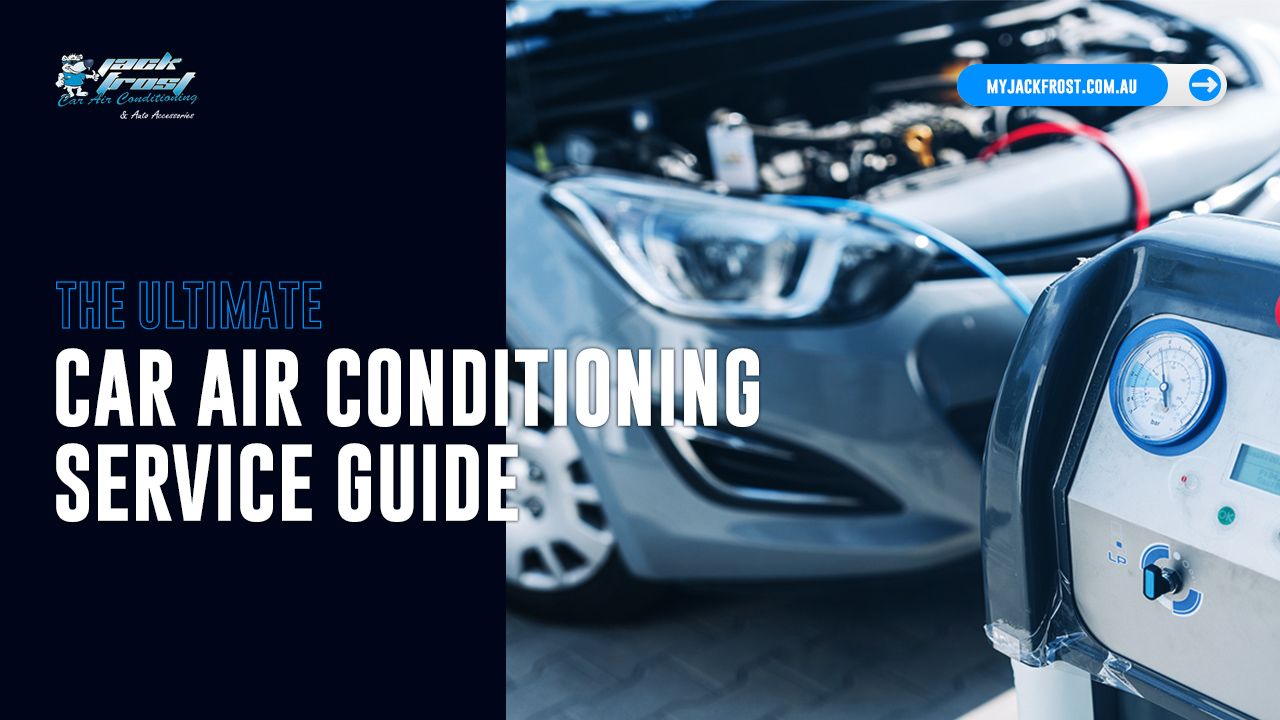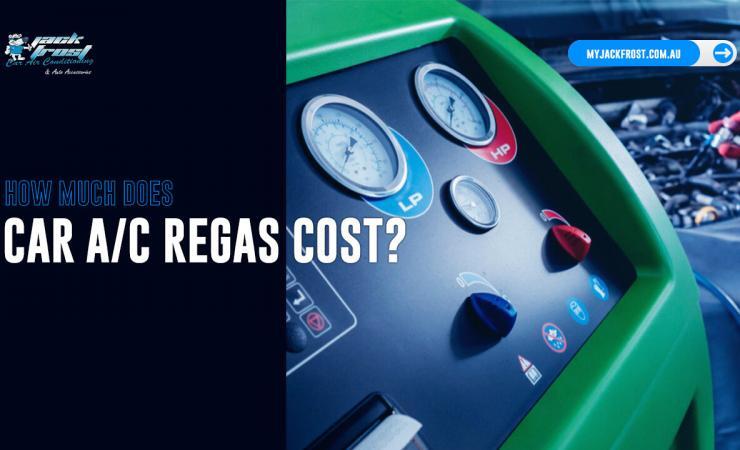Stay Frosty: The Ultimate Car Air Conditioning Service Guide
A well-functioning car air conditioning system is essential for a comfortable and enjoyable driving experience, especially during the scorching summer months. Neglecting regular maintenance and servicing of your car’s AC can result in reduced cooling performance, foul odors, and potential breakdowns.
In this comprehensive guide, we will delve into the importance of car air conditioning service, explore common issues that can arise, and provide expert tips to optimize your AC’s performance.
By following these recommendations, you can ensure your car’s air conditioning system remains in top-notch condition, keeping you cool and refreshed on the road.
Table of Contents
The Importance of Car Air Conditioning Service
Your car’s air conditioning system is a complex network of components that require regular attention to perform optimally. Over time, refrigerant levels may deplete, seals can deteriorate, and components may wear out, resulting in diminished cooling capabilities.
Routine air conditioning service not only maintains a comfortable cabin temperature but also enhances overall air quality and prevents potential health risks associated with mold and bacteria buildup.
Moreover, a well-maintained AC system is more energy-efficient, reducing fuel consumption and lowering emissions. Regular air conditioning service involves a comprehensive inspection of the system, including refrigerant level checks, leak detection, compressor evaluation, and cleaning or replacement of filters.
During the service, the technician can also identify potential issues and address them promptly, preventing costly repairs down the line.

Common Issues with Car Air Conditioning Systems
Understanding common issues with car air conditioning systems can help you identify and address problems before they escalate.
Some typical problems include:
- Insufficient Cooling: If your AC is blowing warm or mildly cool air instead of cold air, it could indicate a refrigerant leak, a faulty compressor, or a clogged condenser.
- Weak Airflow: Reduced airflow from the vents can be caused by a malfunctioning blower motor, a blocked air filter, or ductwork issues.
- Unpleasant Odors: Foul smells emanating from your AC can be a sign of mold or bacteria growth within the system. This could be due to a dirty cabin air filter or moisture buildup in the evaporator.
- Noises and Vibrations: Strange noises such as rattling, squealing, or grinding coming from the AC system may indicate a damaged fan motor, a failing compressor, or loose components.
- AC Cycling On and Off: If your AC frequently cycles on and off, it could be due to a refrigerant leak, an overcharged system, or a faulty pressure switch.
- Refrigerant Leaks: Refrigerant leaks can lead to reduced cooling performance and potential damage to the compressor. Signs of a leak include oily residue around AC components or a noticeable decrease in cooling efficiency over time.
- Electrical Issues: Electrical problems, such as a malfunctioning AC control panel, faulty wiring, or blown fuses, can disrupt the proper functioning of the AC system.
- Frozen Evaporator Coil: A frozen evaporator coil can restrict airflow and result in reduced cooling. This can be caused by low refrigerant levels, a dirty air filter, or a malfunctioning thermostat.
Strange noises may indicate a damaged fan or a failing motor. Foul odors often result from bacteria or mold growth within the system. Leaks can occur due to damaged hoses or faulty seals. If you notice any of these signs, it’s crucial to seek professional assistance promptly to avoid further damage.
Another common issue is the gradual loss of refrigerant, which affects the cooling efficiency of the system. Low refrigerant levels can strain the compressor and cause it to overheat, leading to system failure. Regular servicing helps identify and fix refrigerant leaks, ensuring that your AC operates at peak performance.
Are you having problems with your ac system?
Read our Car Air Conditioning troubleshooting guide to find out what’s wrong.

Signs That Your Car’s AC System Needs Servicing
Regular servicing is essential to maintain the optimal performance of your car’s air conditioning system. However, certain signs indicate that your AC system requires immediate attention.
These signs include:
- Reduced cooling efficiency
- Weak airflow
- Unusual noises
- Unpleasant odors
- And leaks.
Additionally, if you notice an increase in fuel consumption or a sudden spike in engine temperature, it may be an indication of a malfunctioning AC system. Addressing these issues promptly can save you from costly repairs and ensure your AC continues to operate effectively.
Tips to Optimize Your Car’s AC Performance
To optimize your car’s air conditioning performance and extend its lifespan, follow these expert tips:
- Regular maintenance:
Schedule routine inspections and servicing with a qualified technician to identify and address any potential issues early on. A thorough maintenance check includes examining the refrigerant levels, compressor, condenser, evaporator, and other vital components. - Clean cabin air filters:
Dirty or clogged filters restrict airflow and reduce cooling efficiency. Replace or clean them regularly to maintain optimal performance. Depending on your driving conditions, filters may need cleaning or replacement every 15,000 to 25,000 km’s. - Run the AC system regularly:
Even during the colder months, run your AC for a few minutes to prevent seals from drying out and maintain overall system health. This practice ensures that the system remains lubricated and minimizes the risk of developing leaks. - Park in shaded areas:
Parking your car in shaded spots can reduce the heat buildup inside the cabin, lessening the strain on your AC system. Using sunshades or tinted windows can also help in preserving a cooler cabin temperature. - Keep windows and doors closed:
To maximize cooling efficiency, ensure all windows and doors are tightly closed when the AC is in operation. This prevents the cool air from escaping and hot air from entering the cabin, allowing the system to work more effectively. - Avoid extreme temperatures:
Setting your AC to extreme temperature levels can strain the system. Opt for a moderate and comfortable temperature setting. Aim for a temperature around 22 to 24 degrees Celsius (72 to 75 degrees Fahrenheit) for a balance between comfort and energy efficiency. - Use recirculation mode sparingly:
While recirculation mode cools the cabin faster, it can lead to stale air and foggy windows. Switch to fresh air mode periodically to allow for proper ventilation and airflow. - Check for leaks:
Regularly inspect the area under your car for any signs of refrigerant leaks, such as oily residue. If you suspect a leak, have it repaired immediately to prevent further damage to the system.
Read our guide on how to make your car ac colder.
Conclusion
Regular car air conditioning service is crucial for maintaining a comfortable and pleasant driving environment. By understanding common issues, recognizing warning signs, and following the expert tips provided in this guide, you can ensure that your car’s air conditioning system remains in top-notch condition.
Remember to schedule regular maintenance with a qualified technician to keep your AC operating at its best. By prioritizing the care of your car’s air conditioning system, you’ll enjoy cool and refreshing drives even during the hottest summer days.
Don’t let a malfunctioning AC system dampen your driving experience—stay cool and keep your cool on the road!




